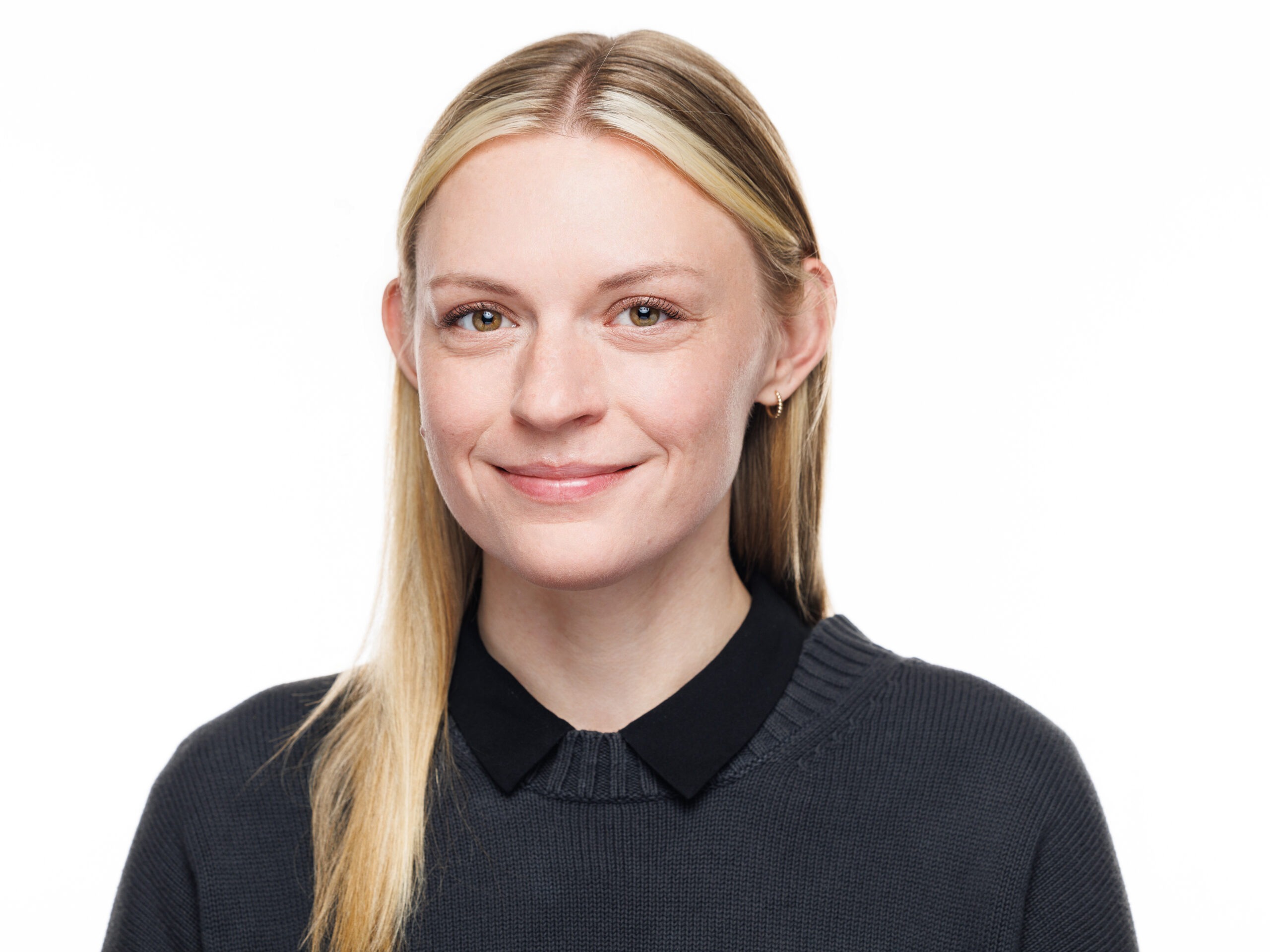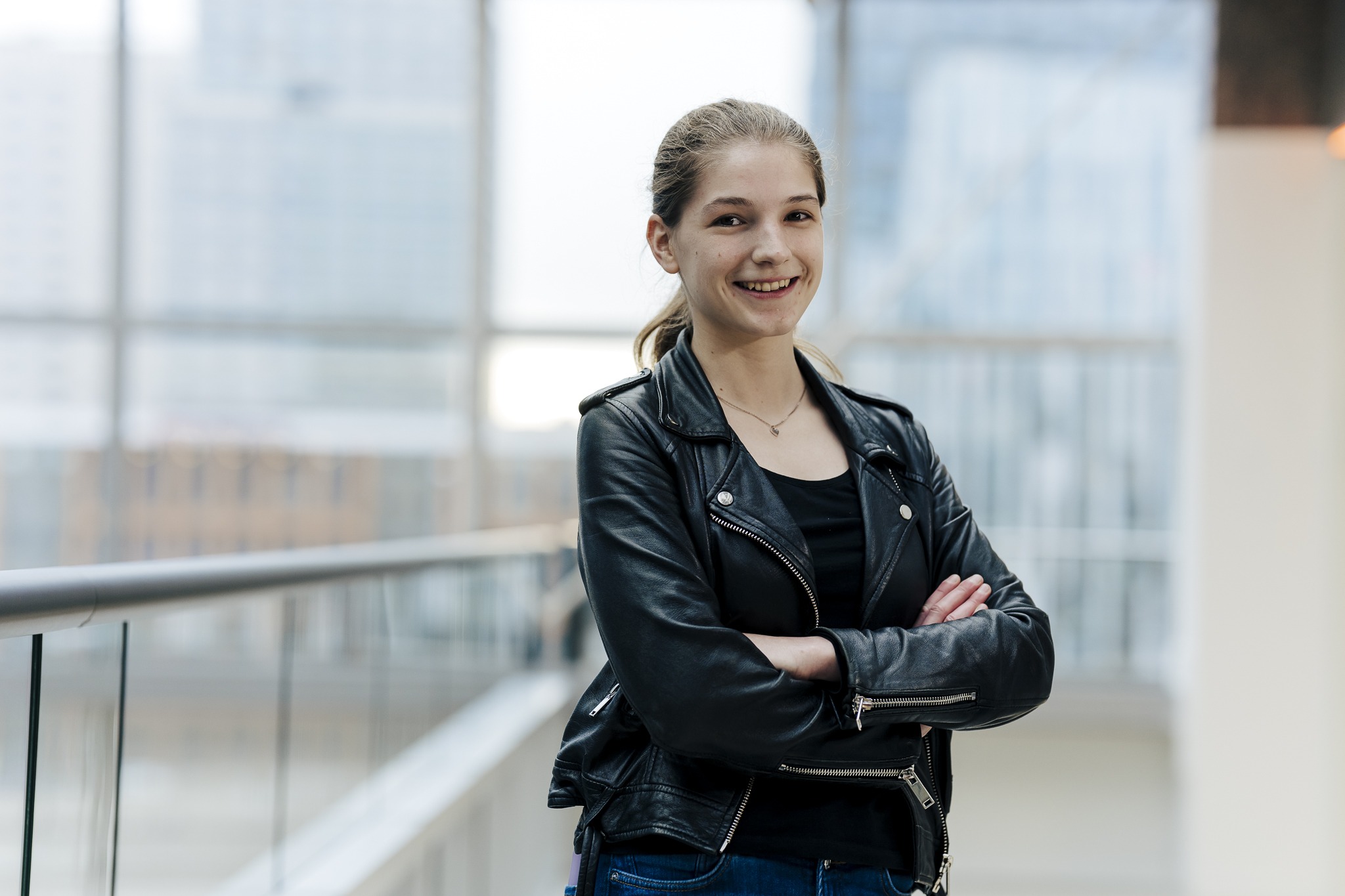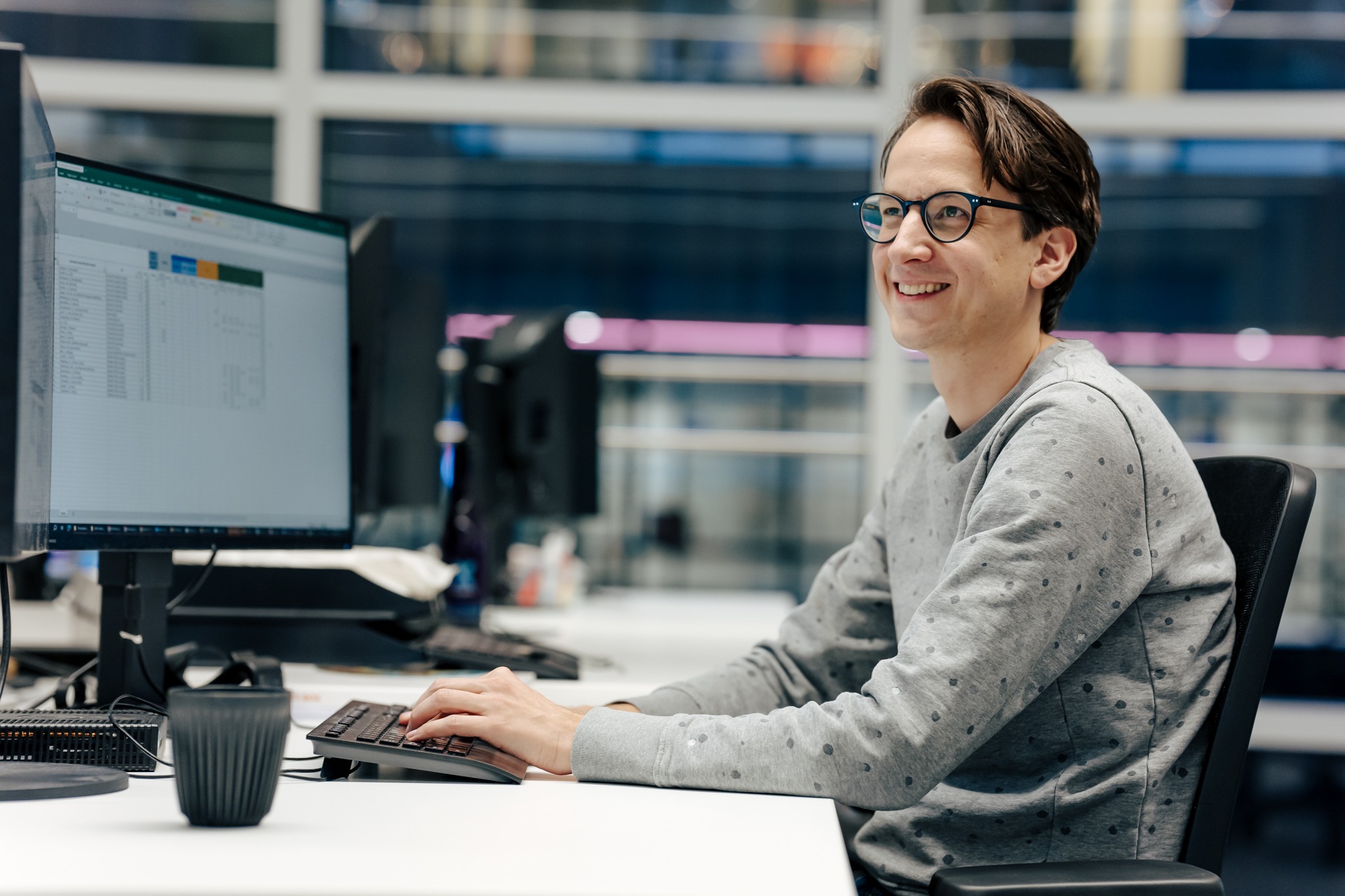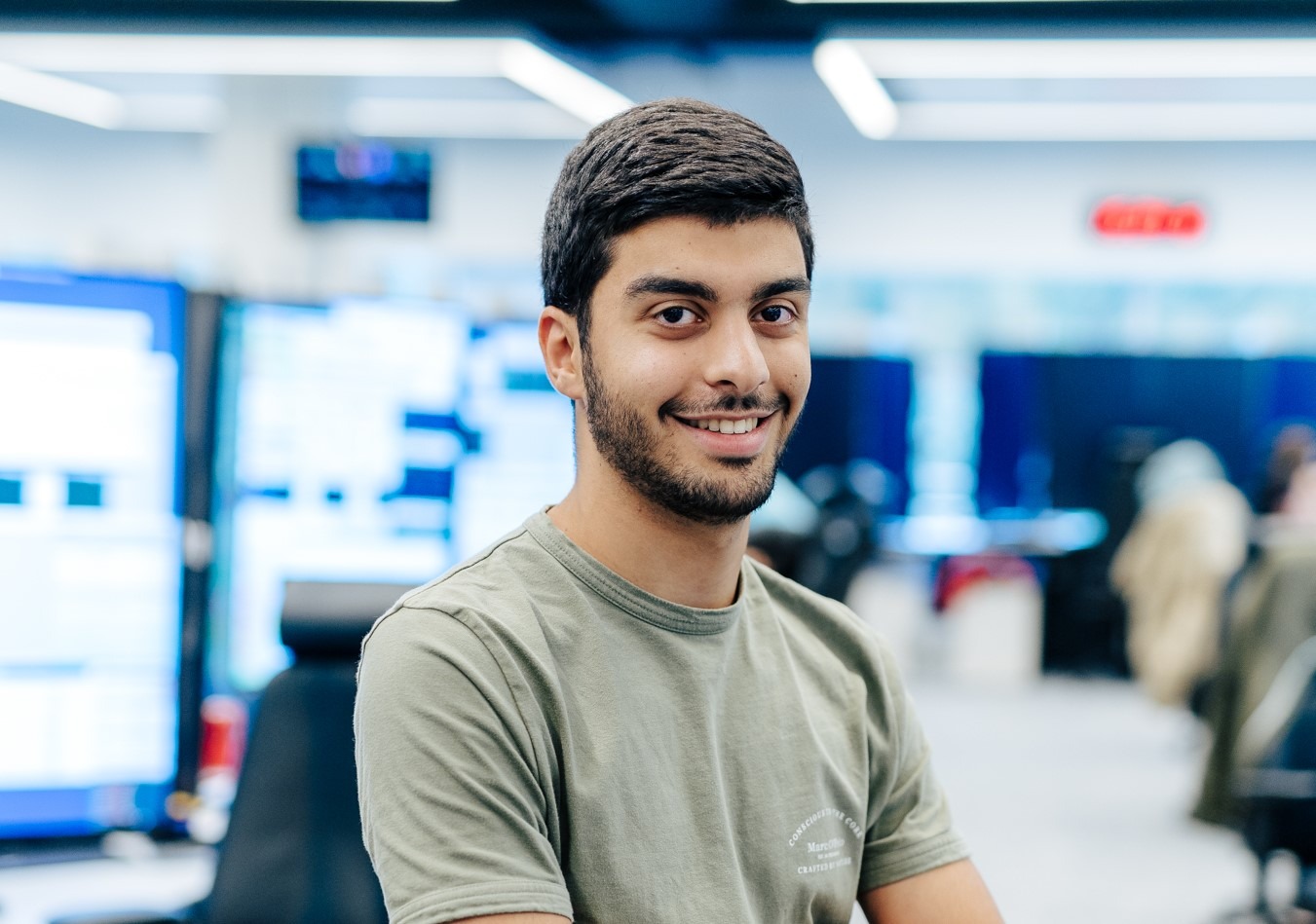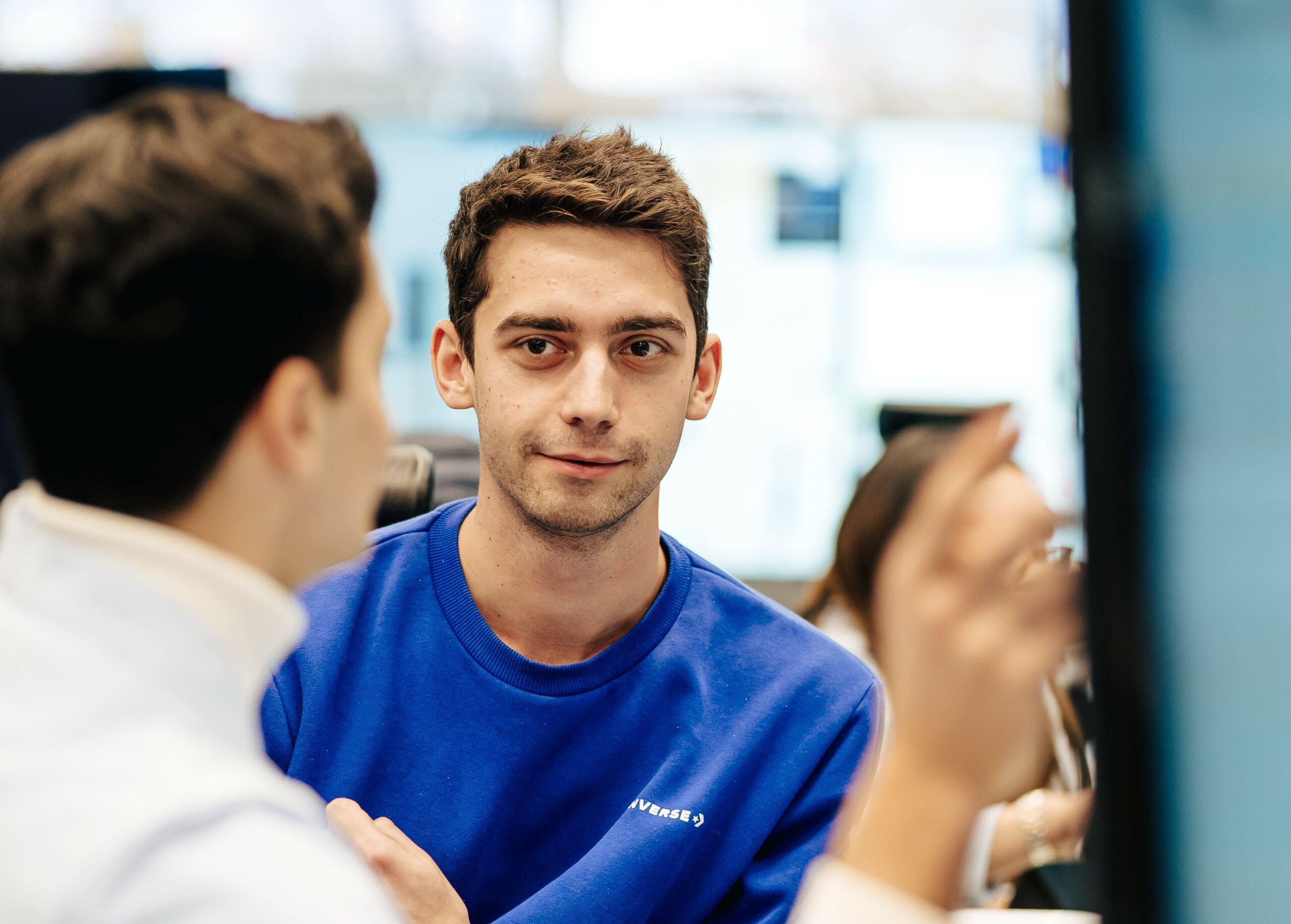Optiver graduate stories: pathways to a career in trading
Jason
Delta 1 Trader
What first attracted you to Optiver?
The first time I heard about Optiver is from my University’s Careers fair. I was attracted by the “Ready Trader Go” competition, where you write autotrader logic with the given market data to trade ETFs. The problem was very interesting to solve and the winning prize was $50,000, so it did not take a lot of convincing for me to join the competition.
What does your role entail?
As a Delta 1 (D1) trader, I would mainly be piloting the autotraders and pricing research. Although trading in D1 is highly automated, traders need to understand the potential risks and deal with the emergencies. For researching, we analyse historical market data to improve the trading logic and base pricing of the instruments we trade.
What key skills are required?
The key skills required for a D1 trader include: (1) Data analysis: ability to use market data to improve the trading models. (2) Communication: ability to communicate with the other stakeholders and present ideas. (3) Reflection: ability to find the problems in trading and propose potential solutions for them. (4). Decision-making: ability to make decisions during emergencies.
What are some of the projects you are working on (non-confidential)?
One of the biggest projects we are working on is to align the base trading desks of all markets. This allows us to move towards consolidation, automation and scaling up to trading more spots. At the same time, it reduces potential autotrader misbehaviours. Another project I am working on is researching some longer-term position taking strategies.
How do you start your day at Optiver?
I always start my day with a cup of flat white from barista and a bowl of chicken congee as breakfast from level 7. I would normally have this on my desk while reading emails and replying to Slack chats. Before Japan markets start at 9:45 AM, I would check some back test results and make sure the autotraders are working properly.
What do you love about your work?
The best part about working at Optiver is the teamwork and the collaboration between the different teams in the company. You are working with highly talented colleagues and everyone is working towards the same goal, which is to improve the business. Junior could challenge with seniors and propose their ideas, while seniors are happy to help and share their experience with juniors.
What keeps you motivated?
Everyday is different day in Optiver. The market condition is changing and competitive everyday. This always motivates me to react fast so that we can identify the problems, resolve the issue, and keep ourselves in the leading position.
Do you have interests outside of work that help you in your role?
Outside of work, I play basketball and video games. I think having some hobbies can help relieve the stress you may have from work. In addition, it might also help with developing teamwork skills.
What’s your advice to potential applicants?
Before the interview, you should think about why you want to work at Optiver and show your enthusiasm. Also, you should think about why you suit Optiver and impress the interviewers with that.
Will
Index Options Trader
What first attracted you to Optiver?
I was doing internships in my final years of university and finding that the exclusively lengthy project work and low interaction wasn’t working for me. As I searched for other options, I found that the proprietary trading industry was known for being fast-paced and challenging. It was a short step to discover that within the industry Optiver was the best.
What does your role entail?
As a Trader I am trying to find edge in the market and capture it. During the market session this means synthesizing a multitude of signals to come up with the right trade at that moment and then guiding our systems towards executing it. Outside of these times I do market research or work on various projects to improve our results during market hours.
What key skills are required?
Logical reasoning, drive, communication, performing under pressure.
What are some of the projects you are working on?
One continuous responsibility of mine is monitoring the performance of our autotraders. This ranges from determining if they are executing on the right signals, to analysing aggregate trade data and improving our automated strategies.
How do you start your day at Optiver?
I start the day by looking at what happened in various products overnight and reading the news. We then have a team chat about the bigger picture trades and risks we are thinking about.
What do you love about your work?
Challenging, engaging, fast feedback, working with smart people, meritocracy.
What keeps you motivated?
Every day is a fresh day with new problems.
Matthew
Wholesale Trader
What first attracted you to Optiver?
I studied finance at Uni because I was always interested in the industry. I also enjoy a combination of analytical and logical problem solving, especially when that can be implemented practically, so I did an engineering degree as well. Working at Optiver was the perfect combination of these passions, a very data-driven job in finance where I am constantly learning and constantly challenged to find new ways to optimise and solve the trading problem.
What does your role entail?
As an institutional trader and market maker, I spend a lot of my day working with external counterparties to provide prices, liquidity and negotiate large trades. These counterparties include brokers who work on behalf market participants wanting to put a particular trade on. We dynamically incorporate these off-screen institutional trades with our broader auto-trading stack to optimise the execution and manage the major risks involved in the trade and wider portfolio. This process involves a lot of relationship building, on-the-fly analysis and quick decision making.
In terms of risk management, we are constantly looking at the different risks we get from options – this includes both historical levels and forward looking predictions to decide whether a risk is “cheap” or “expensive”. We’ll then buy any cheap risks and sell any expensive risks, because we see those trades having positive expected value, i.e. we expect to make money off those trades.
What key skills are required?
- Good data analysis skills and logical reasoning.
- A degree of creative thinking to come up with new solutions to problems (which can then be investigated by looking at historical data).
- The ability to make good on-the-spot decisions. Sometimes we’ll only have a short amount of time to decide whether we make/not make a trade before someone else does it.
- Good communication skills, as we work in teams to trade one book together. We are constantly communicating our opinions and bouncing ideas off each other throughout the day.
- Ability to build rapport and develop relationships with external counterparties.
How were you supported to learn during your graduate program?
We kicked off the program with 12-weeks of training. This consisted of a combination of options theory, coding, and systems knowledge for the first two weeks, with all grads (trading/risk/research/dev). The trading team then split out and did a deeper dive into options and trading theory, before trading in a simulation environment for the last five to six weeks. The simulation environment is based on real-time data from one of the Hong Kong indices and allows the grads to get a good feel for trading in a live market. It gets you very familiar with trading and the Optiver systems.
We were also assigned an Opticon (buddy) at the start of the graduate program, who would have regular catchups with us to discuss any general questions such as the grad program, the work here, or the trading theory. We would also “shadow” our buddies (i.e., sit down and watch them trade, to get an idea of what the day-to-day job was like) and see how an experienced trader thinks about trading.
After the 12-week training program, you move into a graduate role in one of the trading teams. We the commence another three months of “dual trading”, where we trade in the live market on our own, with small risk limits. The simulation trading prepared us very well for this, as it was a very easy transition from practice trading to trading with real money.
We each sat within a trading team, who helped guide us through the next three months, and had weekly catchups with a senior member of the team to discuss our trading each week as we progressed and got bigger risk limits. At the end of this period, we then moved into that trading team as an integral member and started trading for the “main book” with that team.
How do you start your day at Optiver?
I come in approx. 1.5 hours before the Japan market opens, to read up on overnight news and have a look at what are the major themes/moves overnight. We then individually come up with what trades we would like to do to start that day, and have a team meeting ~45 minutes before Japan options open for trading. In our team meeting, we’d come to a team consensus on what we want to trade for the day.
After this, we have a meeting with each team in Index Options, where we discuss what we want to do on each product. This helps us allocate risk better and perform better as a broader team.
What do you love about your work?
I like the people who I’m surrounded with – both the culture and the excellence. Being surrounded by like-minded people who are all very analytically talented, makes for a lot of interesting discussions in the day.
Whilst the majority of traders come from STEM backgrounds, the different degrees people did shine through in the way they approach data analysis problems to determine the best trades for us to do. This leads to a lot of productive discussions on a day-to-day basis, all of which are very mentally stimulating.
The flat structure of Optiver also means that no matter how junior you are, you have a meaningful contribution to these discussions. As we are working together as a team, we all want to make the best decisions we can, so if anyone comes up with a reason why we should/shouldn’t be doing a particular trade, they will be heard out.
The workdays are also quite structured compared to other jobs in the industry because there are clear market open and close times. Whilst after close I will do some project work, there are no nights that I’m here into the late hours of the evening, and we don’t work weekends because the markets aren’t open.
What keeps you motivated?
The mentally stimulating discussions I mentioned above and the variations we can get in day-to-day trading. Whilst my day is quite straightforward, each day of trading presents a different set of problems that have to be solved.
What’s your advice to potential applicants?
Don’t dismiss any good ideas you have just because you are young and junior. If you think you have found a new solution to a problem that no one has thought of before, then it is worth further investigation. Either you’ll find someone has looked at it before and you’ll learn why it didn’t work, or you’ll have a good new solution to share.
